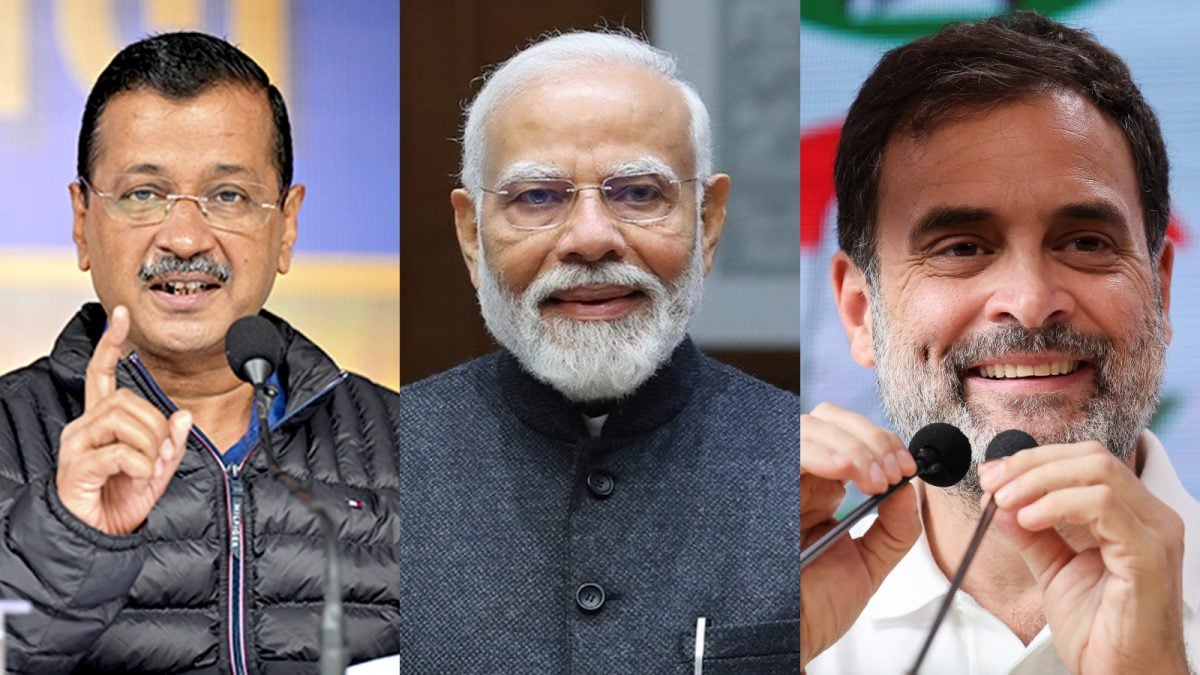Vauxhall has laid stake to the claim of launching the first new electric car that costs the same as its petrol alternative.
The new battery and hybrid versions of the forthcoming Frontera SUV will both cost £23,495 when order books open in autumn, the company said.
It’s the first showroom example of EV prices falling in-line with those of combustion-engine alternatives in a signal that the Zero Emission Vehicle (ZEV) mandate is forcing the hand of manufacturers to bring cheaper electric models to market.
However, Vauxhall’s UK boss has admitted that while the company has achieved price parity for customers, it is some years off realising ‘profit parity’.
Vauxhall has confirmed pricing for the new hybrid and electric versions of the Frontera SUV – and they’ll be the same
Vauxhall confirmed in April that it will be reintroducing the Frontera nameplate in 2024 following a 20-year hiatus.
While the marque said drivers will have the choice of electric or petrol-hybrid drivetrains, only today has it announced that both will cost the same.
It says Frontera Electric will be the first new EV to ‘eliminate the price disparity that usually exists between electric and petrol versions of the same car’.
The average price premium for electric over petrol is 31 per cent across the UK market today, it calculated.
It also means Frontera will be one of the least expensive family-friendly EV models available in UK dealerships, undercutting rivals like the MG4 EV by £3,500 and the Mazda MX-30 SUV by almost £4,500.

The car maker says this is the first example of price parity for a new EV with an internal combustion engine alternative
For the entry price of £23,495, buyers can have the Frontera Electric with a 44kWh battery that feeds energy to a 112bhp single e-motor on the front axle.
This provides a range of 186 miles and 0-to-62mph sprint time of 12.1 seconds. It can also be charged at speeds up to 100kW.
A pricier Long Range version with a larger battery pack and two electric motors is due next year and is said to be capable of going for up to 248 miles on a full charge.
For just under £23,500, buyers could instead opt for the petrol hybrid version.
This uses a combination of a three-cylinder 1.2-litre petrol engine with 99bhp mated to a 48V, 28bhp electric motor in the gearbox.
For an additional £1,500, customers can upgrade to a more potent 134bhp hybrid powertrain.

The new battery and hybrid versions of the forthcoming Frontera SUV will both cost £23,495 when order books open in autumn

Vauxhall confirmed in April that it will be reintroducing the Frontera nameplate in 2024 following a 20-year hiatus
Sign that ZEV mandate is forcing brands to cut EV prices
Vauxhall’s ground-breaking price parity announcement is a major sign that binding EV sales targets set out by Government from this year are already having the desired effect.
The ZEV mandate became law in January and requires mainstream car makers to sell an increasing share of EVs each year until the ban date for sales of new petrol and diesel models.
For 2024, more than a fifth (22 per cent) of all models sold by major brands need to be EVs if they are to avoid financial penalties amounting to £15,000 per vehicle below the threshold.
The minimum EV sales requirement rises to 28 per cent next year and gradually grows to 80 per cent by the end of the decade – however, this could soon change now that the Department for Transport has confirmed it will accelerate the ban on new combustion engine cars by five years to 2030.

The ZEV mandate requires car makers to sell an increasing share of EVs every year up to the outright ban on sales of new petrol and diesel cars. Ministers had hoped it would force the hand of manufacturers to broaden the EV models available to customers, especially towards the budget end of the market
The mandate has been put in place in an effort to force car makers to introduce a wider range of EV models for consumers, particularly cheaper options than what currently populate the market.
Ministers believe it is a better way of increasing EV sales in the run-up to the ban without needing to introduce incentives such as purchase grants, which would need to be backed by the taxpayer.
Vauxhall’s UK boss says it is on course to reach a 25 per cent EV sales mix this year – and that’s before taking into account the arrival of the new Frontera and the bigger Grandland Electric.
James Taylor, managing director, told Autocar that the arrival of the two new electric SUVs should increase EV sales share to around 30 per cent, which is already higher than next year’s target.
However, he added that it will be ‘very difficult’ for the company to meet the 33 per cent threshold for 2026 ‘without a stimulus’ for the EV market.
He told the automotive title that car makers are doing their best to increase EV availability with new models but says this will only ‘help a little bit’ to meet the mandate’s binding sales share requirements in the short term.
Other brands, including Ford, have suggested they could restrict the number of new petrol cars delivered to Britain as part of a bid to artificially increase EV sales share in the coming years to meet the ZEV thresholds.
Price parity for consumers but not profit parity for manufacturers
The price of a new electric car will drop to the same level as an equivalent new petrol or diesel model ‘much faster than initially expected,’ a report published earlier this year claimed.
US market research firm Gartner suggested EVs will, on average, be cheaper to make than cars with internal combustion engines by 2027.
It said it expects build costs to drop considerably faster than the cost of batteries, which are the most expensive part of an EV and account for around 40 per cent of the vehicle’s price.
While Vauxhall’s Frontera pricing suggests it has undercut this prediction by three years, Taylor suggests the manufacturer will be taking a hit on slashing its EV pricing.
When asked by Autocar, he said the company is ‘still a number of years away’ from achieving comparable profit from EV and petrol sales.
What will help reduce costs for car makers is a robust local battery supply chain but also support to improve used EV demand, with residual values for EVs currently running an estimated 10 per cent below combustion engine cars on average.
‘Building them at the same cost is one point, but clearly, if their value as a used car is less than the equivalent internal combustion engine, that’s having a significant impact on our profitability,’ Taylor explained.
Some links in this article may be affiliate links. If you click on them we may earn a small commission. That helps us fund This Is Money, and keep it free to use. We do not write articles to promote products. We do not allow any commercial relationship to affect our editorial independence.







